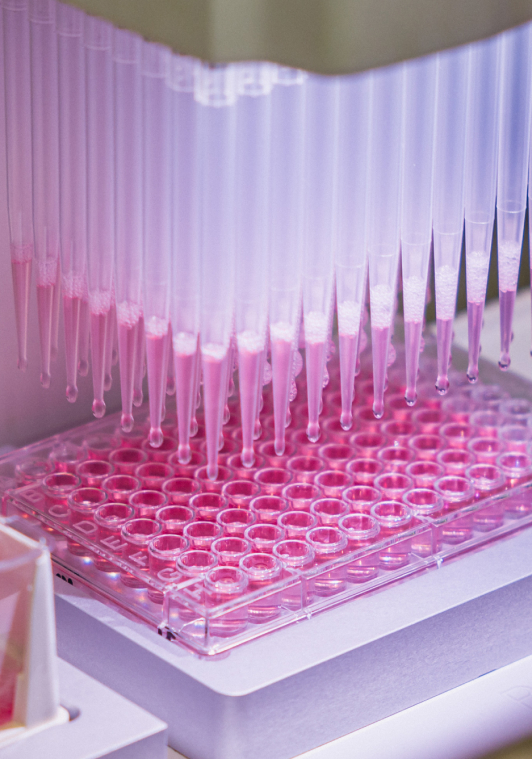
Bovine Serum Albumin Antibody Summary
Green Mountain Antibodies internally developed a mouse monoclonal antibody against bovine serum albumin. The BSA antibody, GMA-630, binds BSA and BSA-conjugated peptides in solid phase ELISA. The monoclonal does not work in immunoblotting. The bovine serum albumin antibody is an IgG2b isotype and tests >98& pure by SDS-PAGE.
BSA (bovine serum albumin), also known as Fraction V, is a soluble 66.5 kDa protein derived from cows. Albumin makes up about half of the serum blood proteins and is often used as a protein concentration standard, stabilizer for enzymes or blocking agent in laboratory settings. BSA is often used as a conjugate for small molecules, such as peptides, to increase their size and confer properties more amenable for assays such as solid phase ELISAs.
In experiments where BSA-conjugates are used, rigorous experiments should include negative controls that demonstrate that responses are to the peptide of interest, and not the BSA portion of the molecule- the anti-BSA antibody can be used as part of this control set.
In a recent Octet experiment to determine affinity between a custom antibody and its antigen, signals were too low to be accurately interpreted, possibly due to steric issues around presentation of the peptide. To overcome this, a method was developed in which GMA-630 was used to capture a Bovine Serum Albumin-conjugated peptide and thus present the peptide in an orientation to be better bound by its antibody, increasing signal to measurable levels.
